Book Watch: Jairaj Salgaonkar
Jairaj Salgaonkar of the Kalnirnay almanac lists his favourite fiction titles in English.
20 Mar 2019 | By PrintWeek India
Paradise Lost (1667) by John Milton: ‘OF Mans First Disobedience, and the Fruit/ Of that Forbidden Tree, whose mortal tast/ Brought Death into the World, and all our woe…’ This is classical English poetry as its best, as the blind poet, Milton, conjures up a vision of hell and heaven, which is rooted in the traditional Christian cosmology and at the same time, dares to question its set rules of morality, thus ushering in the age of enlightenment.
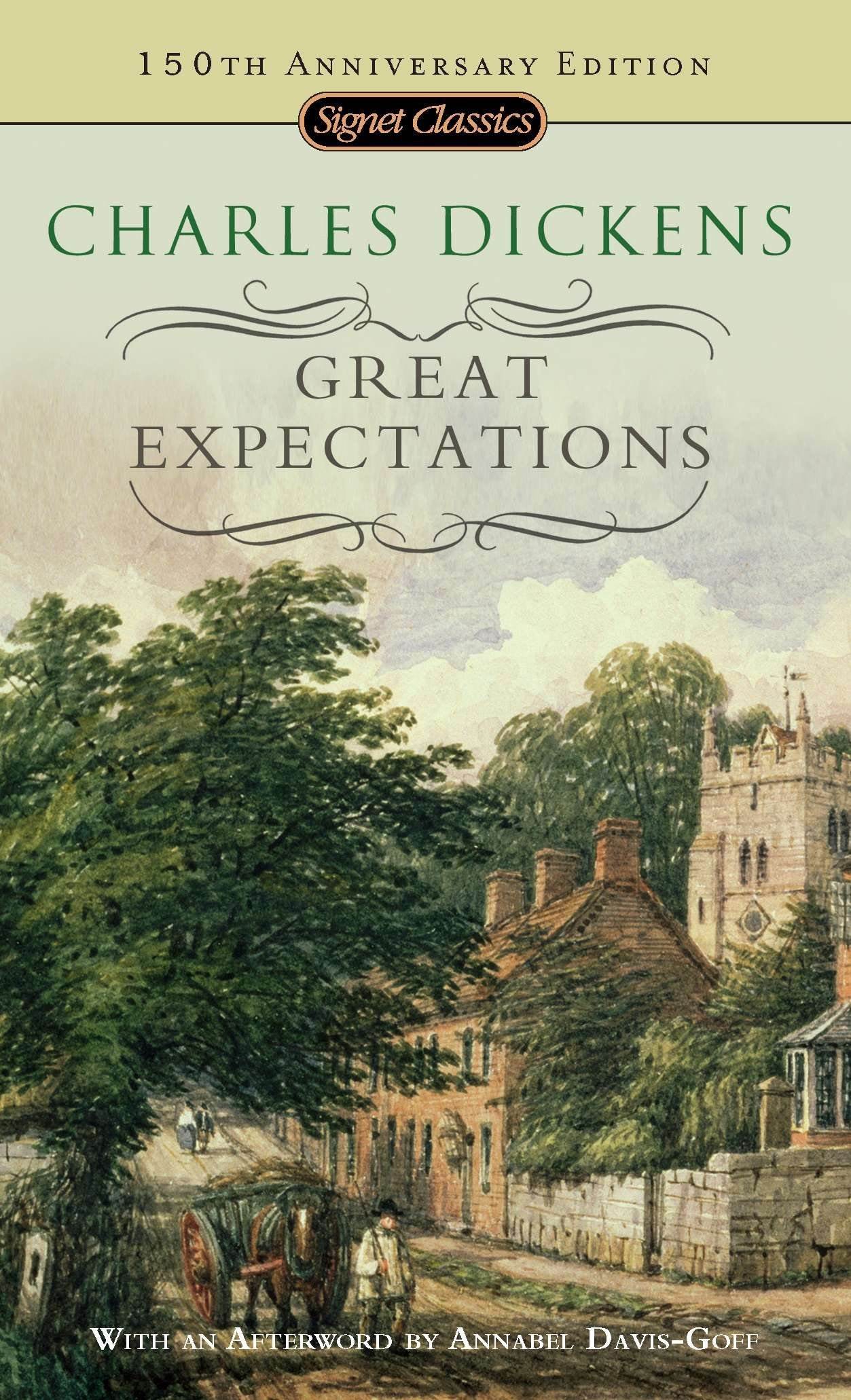 Great Expectations (1861) by Charles Dickens: The reason why Dickens is one of the greatest novelists of the English language is because every reader can relate to his characters. This is evident in Great Expectations. Every young reader can identify with Pip and his expectations, his innate determination to succeed in a hostile world, during the time when the novel was written and even today.
Great Expectations (1861) by Charles Dickens: The reason why Dickens is one of the greatest novelists of the English language is because every reader can relate to his characters. This is evident in Great Expectations. Every young reader can identify with Pip and his expectations, his innate determination to succeed in a hostile world, during the time when the novel was written and even today.
Adventures of Huckleberry Finn (1885) by Mark Twain: This is the first great American novel and the book is a classic because you can read it at different levels — as an adventure story, as a story of friendship, as a story of growing up, as a historical document and as a commentary of slavery in America.
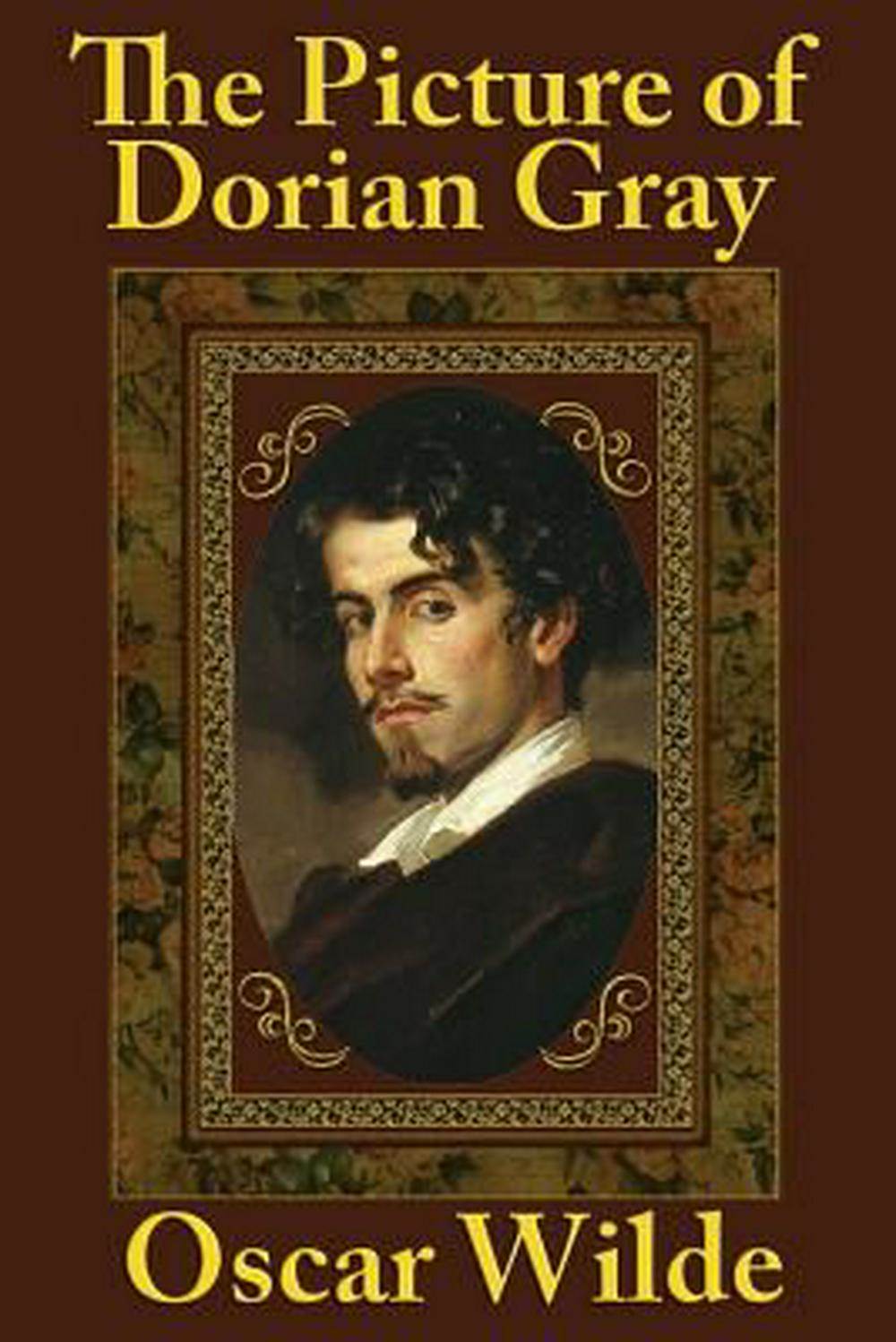 The Picture of Dorian Gray (1890) by Oscar Wilde: What attracts readers to this book is the mythic premise — an amoral but handsome young man who never gets old because he has a magic portrait of himself in the attic. But the popular Oscar Wilde novel is a cautionary tale against the dangers of excess, a retelling of the ‘Yayati’ myth, if you will.
The Picture of Dorian Gray (1890) by Oscar Wilde: What attracts readers to this book is the mythic premise — an amoral but handsome young man who never gets old because he has a magic portrait of himself in the attic. But the popular Oscar Wilde novel is a cautionary tale against the dangers of excess, a retelling of the ‘Yayati’ myth, if you will.
A Portrait of the Artist as a Young Man (1916) by James Joyce: In his first novel, a young Joyce, one of the most important voices of the 20th century, cast himself as Stephen Dedalus (an allusion to the Greek hero who built wings to fly) and charts his religious and intellectual awakening in the context of what would later be called modernism.
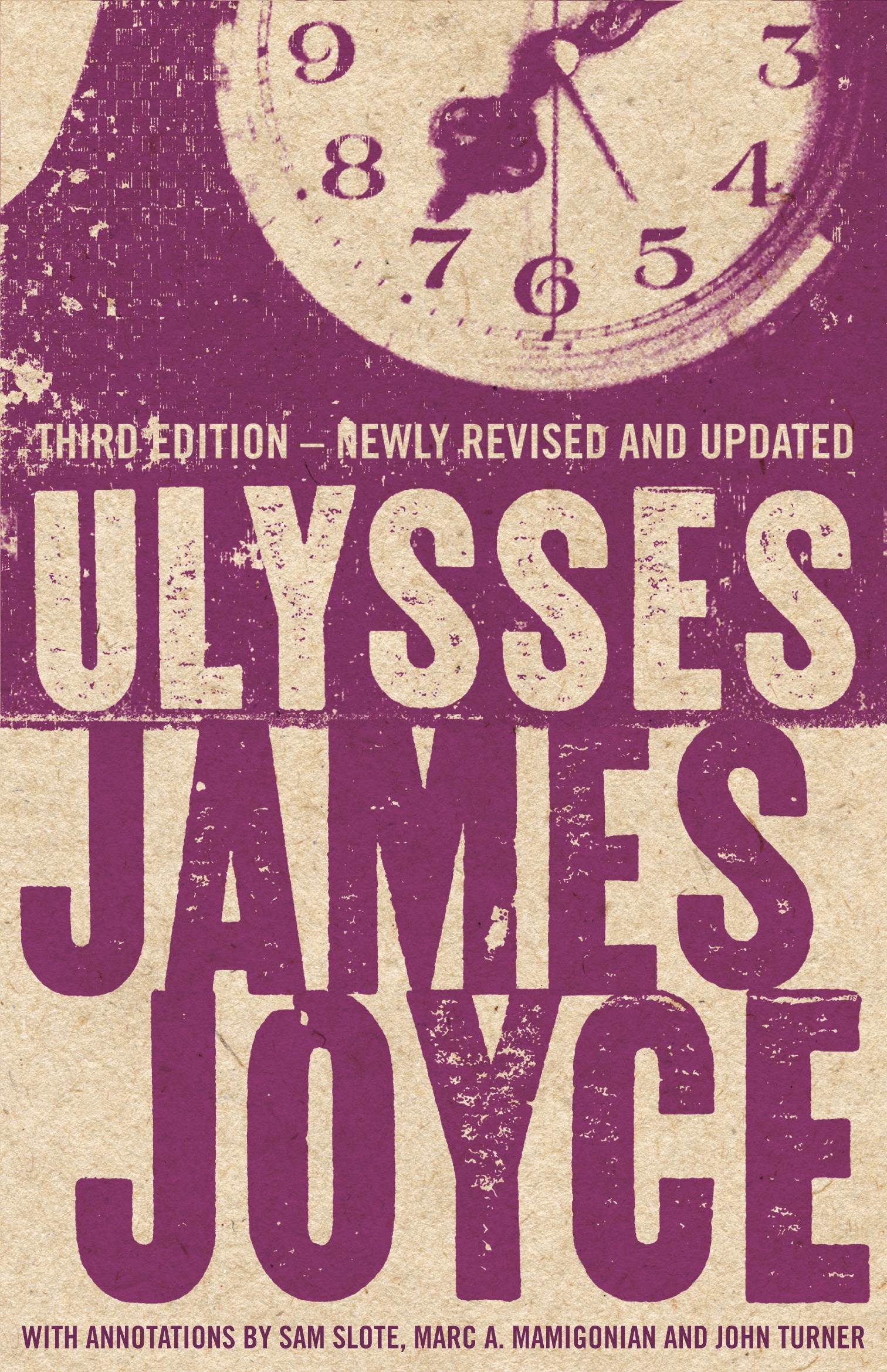 Ulysses (1922) by James Joyce: Arguably the most famous unread novel of all time, thanks to Joyce’s inventive language, the novel tells the story of Leopold Bloom and his wife Molly, in the city of Dublin on a single day, 16 June 1904. Today, the day is celebrated as Bloomsday. Such is the influence of this novel.
Ulysses (1922) by James Joyce: Arguably the most famous unread novel of all time, thanks to Joyce’s inventive language, the novel tells the story of Leopold Bloom and his wife Molly, in the city of Dublin on a single day, 16 June 1904. Today, the day is celebrated as Bloomsday. Such is the influence of this novel.
The Great Gatsby (1925) by Scott Fitzgerald: A love story set in the swinging 1920s, Fitzgerald’s slight novel is a magical work of art, not just because of its sonorous prose, or the tragic love story between Jay and Daisy (which Bollywood has copied numerous times), but also because how it managed to demystify the American Dream.
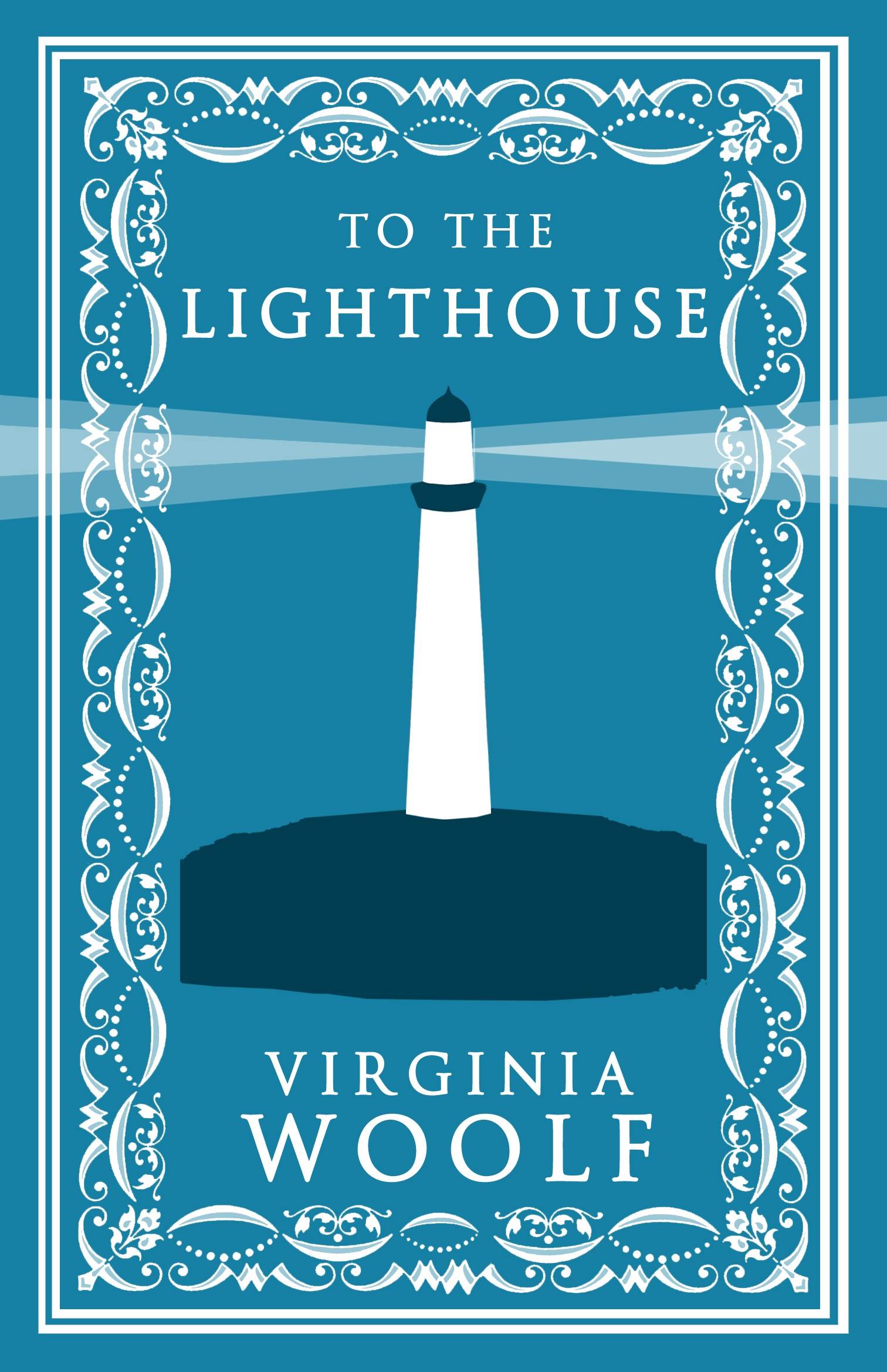 To the Lighthouse (1927) by Virginia Woolf: The Ramsay family plans a visit to the lighthouse. This single concern leads to a masterful stream of consciousness novel and establishes Virginia Woolf in the pantheon of great authors.
To the Lighthouse (1927) by Virginia Woolf: The Ramsay family plans a visit to the lighthouse. This single concern leads to a masterful stream of consciousness novel and establishes Virginia Woolf in the pantheon of great authors.
Animal Farm (1945) by George Orwell: All animals are equal, but some animals are more equal than others. A political satire from the author of 1984 is a book for all ages, because when comes to politics, cast of characters may change, but the concerns remain the same. It’s human nature — highlighted by animal protagonists.
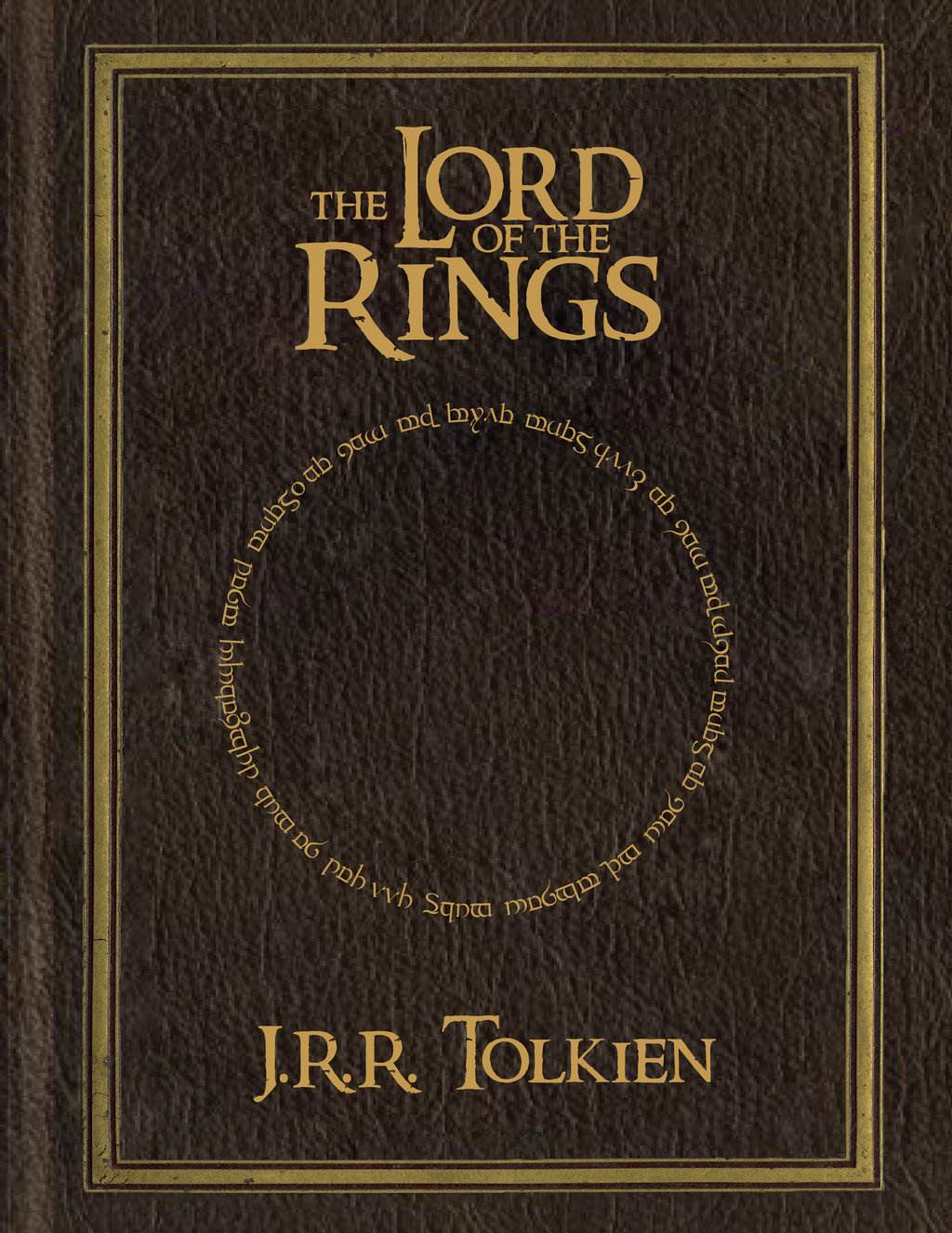 The Lord of the Rings (1954) by JRR Tolkien: In this book, and for that matter, in his entire oeuvre, Tolkien achieves something extraordinary. He invents an entire world, the Middle East, and populates it with enumerable characters, Elves, Hobbits, Humans, and gives them their mythology and history and most importantly, their language, Elvish.
The Lord of the Rings (1954) by JRR Tolkien: In this book, and for that matter, in his entire oeuvre, Tolkien achieves something extraordinary. He invents an entire world, the Middle East, and populates it with enumerable characters, Elves, Hobbits, Humans, and gives them their mythology and history and most importantly, their language, Elvish.
Memento Mori (1959) by Muriel Spark: A murder mystery thriller from a literary writer, famous for her novel, The Prime of Miss Jean Brodie. The title means ‘Remember you must die’, a message Dame Lettie Colston and her acquaintances receive over the phone in the beginning of the novel. As we investigate, bodies start to pile up.
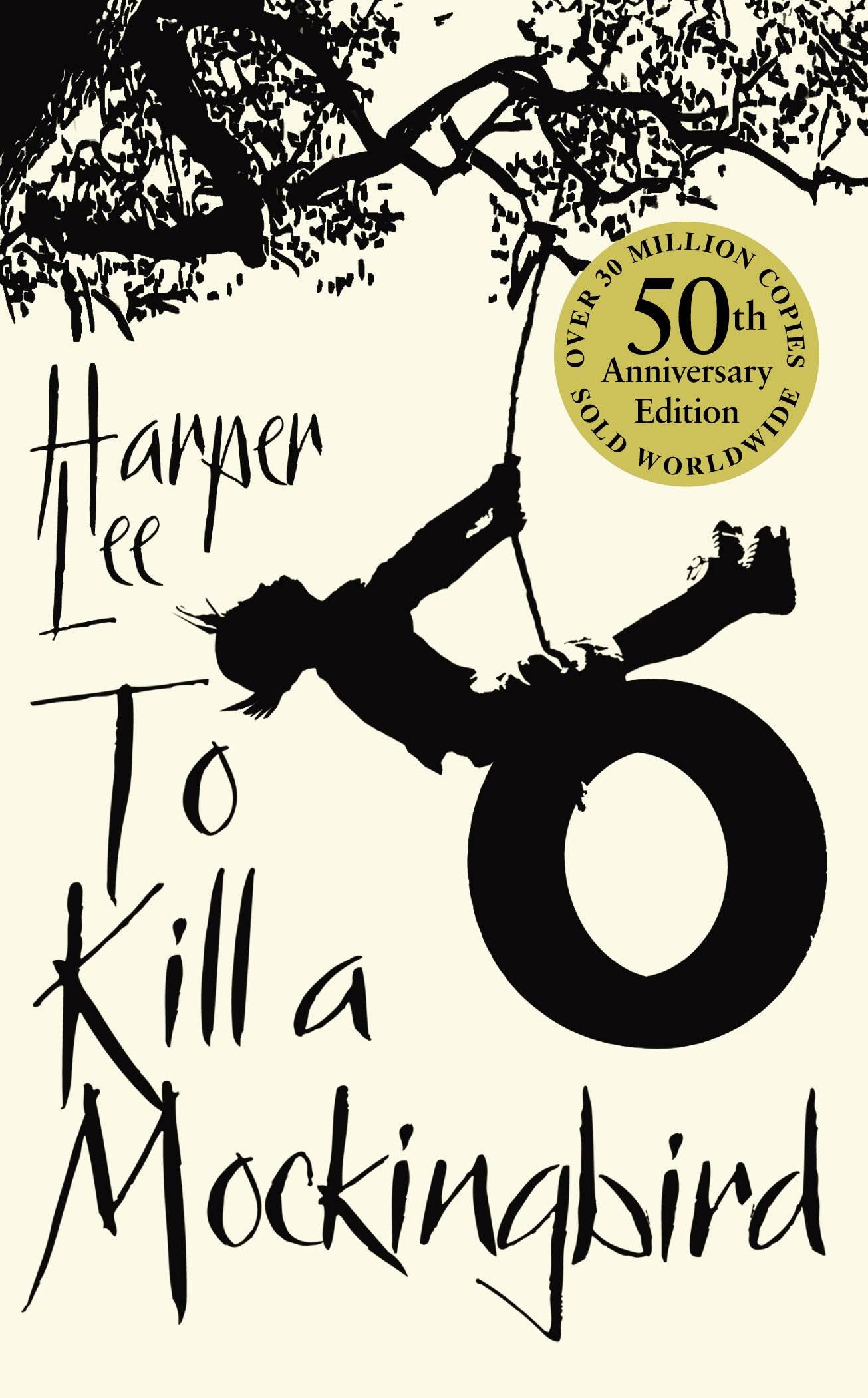 To Kill a Mockingbird (1960) by Harper Lee: Atticus was right. One time he said you never really know a man until you stand in his shoes and walk around in them. The perennial classic, the story of a young girl, Scout, growing up in Deep South, has everything going for it, not the least the most idealised father figure ever committed to literate, in the shape of Atticus Finch.
To Kill a Mockingbird (1960) by Harper Lee: Atticus was right. One time he said you never really know a man until you stand in his shoes and walk around in them. The perennial classic, the story of a young girl, Scout, growing up in Deep South, has everything going for it, not the least the most idealised father figure ever committed to literate, in the shape of Atticus Finch.
The Clockwork Orange (1962) by Anthony Burgess: Made into a terrifying film by Stanley Kubrick, the novel tells the story of a violent youth subculture set in a dystopian future in London.
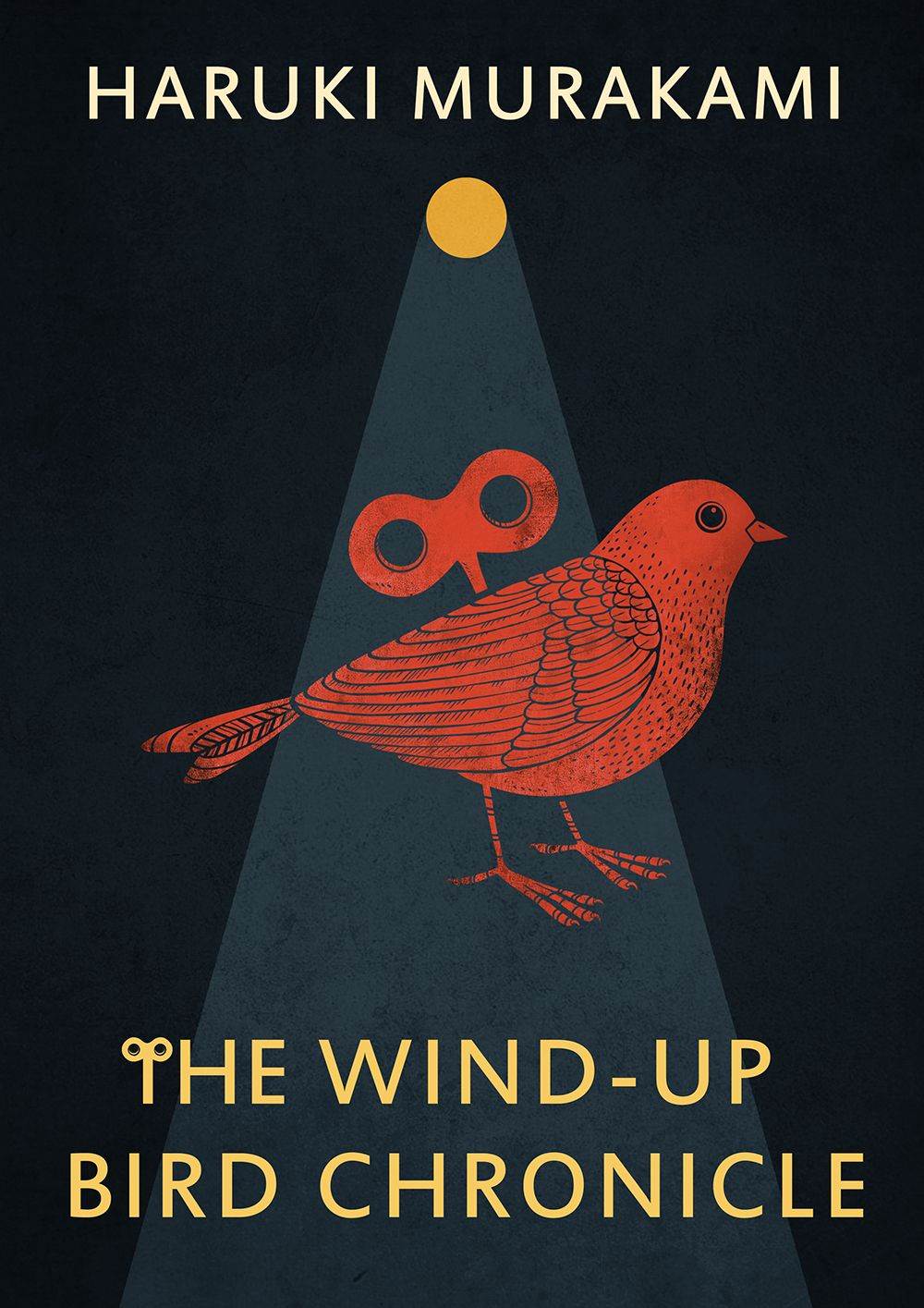 The Wind-Up Bird Chronicle (1997) by Haruki Murakami: A classic Murakami novel, the book cannot be describe but read, where our protagonist goes to look for a missing cat and things unravel.
The Wind-Up Bird Chronicle (1997) by Haruki Murakami: A classic Murakami novel, the book cannot be describe but read, where our protagonist goes to look for a missing cat and things unravel.


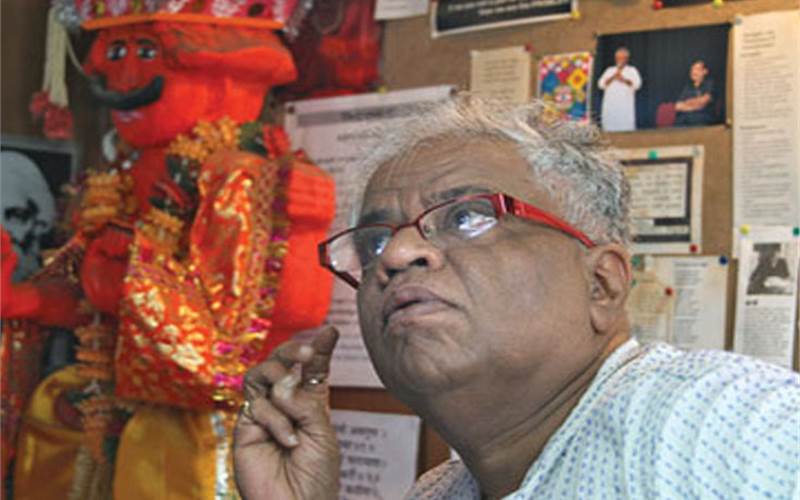










 See All
See All